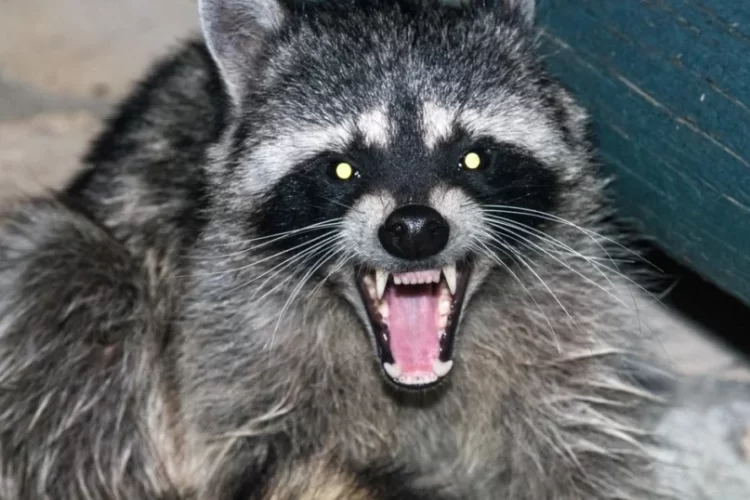Raccoons are fascinating creatures known for their intelligence and adaptability. However, when they invade residential areas, they can become a significant nuisance. Understanding the behavior and habits of raccoons can help homeowners take proactive measures to prevent infestations. Capital Wildlife Control provides valuable insights into raccoon behavior, helping you protect your home effectively. This article delves into the key aspects of raccoon behavior and explains why professional wildlife control is essential.
Raccoon Behavior and Habits
- Nocturnal Nature Raccoons are primarily nocturnal, meaning they are most active during the night. They venture out in search of food, making their presence known through the sounds of scratching, thumping, and shuffling. Homeowners often hear these noises in their attics, basements, or walls, indicating potential raccoon activity.
- Diet and Feeding Habits Raccoons are omnivores with a diverse diet that includes fruits, vegetables, insects, small animals, and human food waste. Their opportunistic feeding habits make them frequent visitors to garbage bins, pet food bowls, and gardens. This adaptability allows them to thrive in both urban and rural environments.
- Dexterity and Intelligence Raccoons are incredibly dexterous and intelligent animals. They are known for their problem-solving abilities and can manipulate objects with their front paws. This dexterity allows them to open garbage cans, unlock pet doors, and find their way into attics through small openings.
- Nesting Behavior During the breeding season, female raccoons seek safe and secure locations to raise their young. Common nesting sites include attics, chimneys, and crawl spaces. Raccoons prefer secluded areas that provide warmth and protection from predators. Understanding this nesting behavior is crucial for preventing infestations.
- Territoriality Raccoons are territorial animals and can be aggressive when defending their territory, especially during the breeding season. They mark their territory with urine and feces, which can lead to unpleasant odors and health hazards for homeowners.
Preventing Raccoon Infestations
- Securing Food Sources To prevent raccoons from being attracted to your property, ensure that all food sources are securely stored. Use raccoon-proof trash bins, store pet food indoors, and clean up fallen fruits from trees regularly.
- Sealing Entry Points Inspect your home for potential entry points that raccoons might use to gain access. Seal gaps in the roofline, repair broken vents, and ensure that chimneys have proper caps. Regular maintenance can prevent raccoons from finding nesting sites in your home.
- Using Deterrents Motion-activated lights and sprinklers can deter raccoons from approaching your property. These devices startle raccoons, making your home less attractive to them.
Why Professional Help is Essential
Attempting to remove raccoons on your own can be risky and ineffective. Professional wildlife control services, such as those provided by Capital Wildlife Control, are crucial for safe and humane removal. Here’s why:
- Expert Knowledge Capital Wildlife Control experts have extensive knowledge of raccoon behavior and habits. They can identify signs of infestation and determine the best course of action for removal.
- Humane Removal The team uses humane methods to capture and relocate raccoons, ensuring minimal stress to the animals. This approach is not only ethical but also effective in preventing future infestations.
- Comprehensive Solutions After removal, professionals can seal entry points and provide recommendations for preventing future invasions. This comprehensive approach ensures long-term protection for your home.
Squirrel Removal Services If you’re also dealing with squirrel infestations, Capital Wildlife Control offers specialized Squirrel removal services. Their team uses humane and effective methods to remove squirrels and prevent them from returning, ensuring your home remains pest-free.
Conclusion Understanding the behavior and habits of raccoons is essential for preventing infestations and protecting your home. By securing food sources, sealing entry points, and using deterrents, you can reduce the risk of raccoon activity on your property. For effective and humane raccoon removal, trust the experts at Capital Wildlife Control. Their professional services ensure that your home remains safe and raccoon-free. Additionally, their specialized squirrel removal services can address any other wildlife issues you may encounter, providing comprehensive protection for your home.

